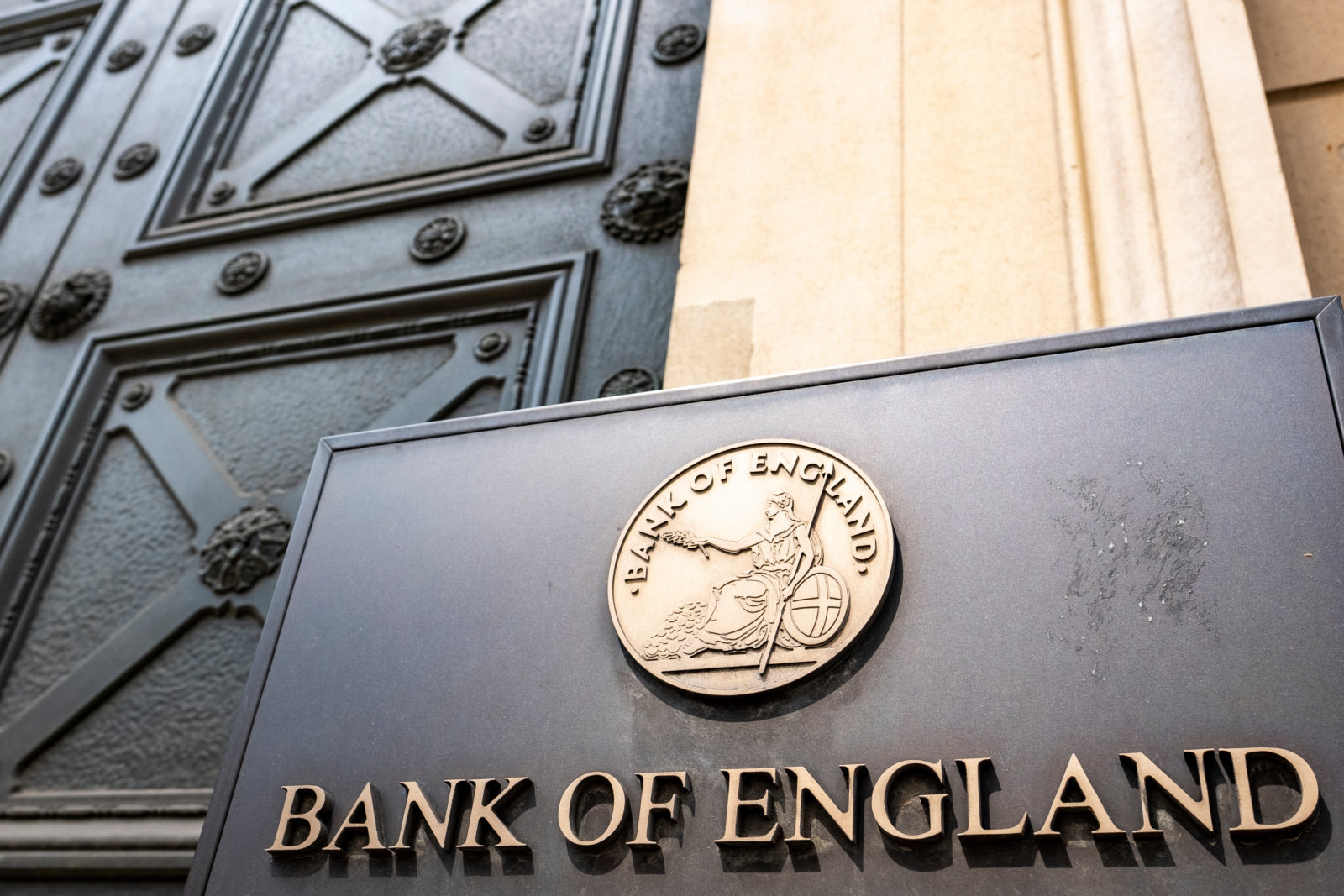The Bank of England has raised interest rates again from 1.25% to 1.75% in a bid to curb the rising costs from inflationary pressure.
The increase announced yesterday is the biggest in 27 years and comes at a time when households and businesses are already struggling with rising costs. It is expected that the rate change won’t be enough to keep the UK out of a recession, which is predicted to happen in the final quarter of this year, 2022.
For households, it will make mortgages and loans (if not fixed) more expensive, and if you have savings, you will unlikely see any gains.
Commenting on the Bank of England interest rate rise, David Bharier, Head of Research at the British Chambers of Commerce (BCC), said:
“This rise is the clearest signal yet of the Bank of England’s intention to get inflation under control. Spiralling prices are cited by businesses as by far and away the top concern right now.
“However, given the extremely precarious state of the economy, this decision is not without risk for businesses and consumers that are exposed to banking or overdraft facilities.
“There are many causes of the current inflation crisis – global supply chain problems, trade barriers, soaring energy costs, increased taxes, and labour market shortages. Interest rate rises alone will do little to address these.
“Worryingly, our research indicates strongly that most small businesses are not investing for growth, and that longer-term confidence is beginning to wane.”
The Bank of England’s Governor correctly highlighted in his recent Mansion House speech how the incredibly tight labour market is putting upward pressure on inflation.
The BCC has written to the Government outlining a three-point plan on how it can work with businesses to solve these recruitment difficulties.
The steps are:
- Firms must be encouraged to find new ways of unlocking pools of talent – by investing more in training their workforce, adopting more flexible working practises and expanding use of apprenticeships;
- Government must help employers invest in training by reducing the upfront costs on business and providing training related tax breaks; and
- The Shortage Occupation List (SOL) must be reformed to allow sectors facing urgent demand for skills to get what they need.
Alpesh Paleja, CBI Lead Economist, said:
“The Bank of England’s latest rate rise is the biggest in 27 years, and follows in the footsteps of strong tightening by other central banks. It underscores the seriousness of our inflation problem, but also demonstrates the MPC’s willingness to act in response.
“Despite early signs of some pipeline price pressures fading, it’s clear that we’re in for a hard winter. With another hefty rise in Ofgem’s energy price cap looming, support for the most vulnerable households and businesses should be kept under review.
“Monetary policy is the first line of defence against inflation, yet building resilience to future price shocks requires a concrete plan for economic growth. So the new Prime Minister must prioritise boosting productivity through greater business investment via incentives and business rate reforms. Meanwhile, investing in energy efficiency can support people struggling with the cost-of-living crisis”.









Leave a Reply
View Comments